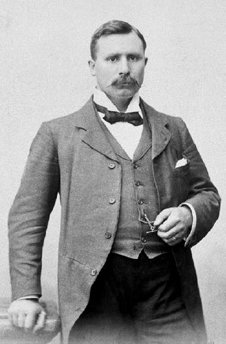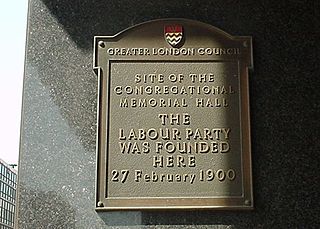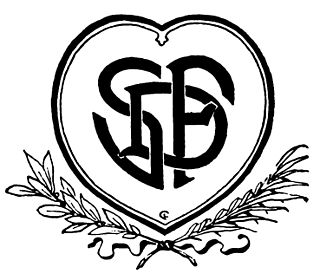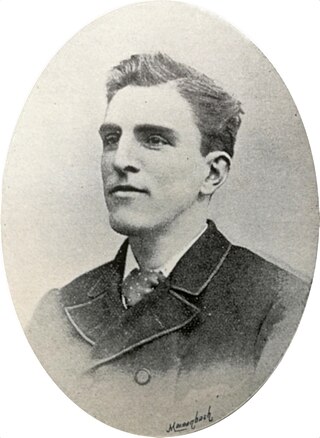Related Research Articles

The Independent Labour Party (ILP) was a British political party of the left, established in 1893 at a conference in Bradford, after local and national dissatisfaction with the Liberals' apparent reluctance to endorse working-class candidates, representing the interests of the majority. A sitting independent MP and prominent union organiser, Keir Hardie, became its first chairman.

Thomas Mann, was an English trade unionist and is widely recognised as a leading, pioneering figure for the early labour movement in Britain. Largely self-educated, Mann became a successful organiser and a popular public speaker in the British labour movement.

Frederick William Jowett was a British Labour politician.

The Communist League was a small far-left organisation in the United Kingdom which existed during the year of 1919. Its stated goal was to establish a network of workers' councils that would "resist all legislation and industrial action directed against the working class, and ultimately assuming all power, establish a working class dictatorship".
James MacDonald was a British trade unionist.

The Sheffield Trades and Labour Council, usually known as the Sheffield Trades Council, is a labour organisation uniting trade unionists in Sheffield.

Edward Robertshaw Hartley was a British socialist politician.
The Organisation of Scottish Labour is a body established under the national rules of the UK Labour Party.
James Frederick Henderson was an English socialist writer and journalist, and a Labour Party politician.
John Lincoln Mahon was a Scottish trade unionist and politician, best known as a prominent socialist activist.

The British Socialist Party (BSP) was a Marxist political organisation established in Great Britain in 1911. Following a protracted period of factional struggle, in 1916 the party's anti-war forces gained decisive control of the party and saw the defection of its pro-war right wing. After the victory of the Bolshevik Revolution in Russia at the end of 1917 and the termination of the First World War the following year, the BSP emerged as an explicitly revolutionary socialist organisation. It negotiated with other radical groups in an effort to establish a unified communist organisation, an effort which culminated in August 1920 with the establishment of the Communist Party of Great Britain. The youth organisation the Young Socialist League was affiliated with the party.

The Labour Representation Committee (LRC) was a pressure group founded in 1900 as an alliance of socialist organisations and trade unions, aimed at increasing representation for labour interests in the Parliament of the United Kingdom. The Labour Party traces its origin to the LRC's foundation.

The Social Democratic Federation (SDF) was established as Britain's first organised socialist political party by H. M. Hyndman, and had its first meeting on 7 June 1881. Those joining the SDF included William Morris, George Lansbury, James Connolly and Eleanor Marx. However, Friedrich Engels, Karl Marx's long-term collaborator, refused to support Hyndman's venture. Many of its early leading members had previously been active in the Manhood Suffrage League.
Henry Alfred Barker was a British socialist activist.
Zephaniah Hutchinson was a British trade unionist and political activist. Known as the leading left-wing activist in the Lancashire cotton trade unions, he served for 28 years as leader of the Bacup Weavers' Association.
The Colne Valley Labour Union (CVLU) was a political party based in the Colne Valley, in Yorkshire, in England. The first labour party organised on the basis of a Parliamentary constituency, it successfully backed Tom Mann as secretary of the Independent Labour Party, and Victor Grayson as the local Member of Parliament. Its successor is the Colne Valley Constituency Labour Party.

William Leonard Hall was a British trade union leader, journalist, and socialist activist, who held prominent positions in the Independent Labour Party.
Arthur George Field was a British trade unionist and socialist activist.
Leeds Trades Council is an organisation bringing together trade unionists in Leeds, in northern England.
Alexander Karley Donald was a Scottish barrister active in the socialist movement. He joined the Socialist League in 1885. Along with other parliamentarians, he left the League to form the Bloomsbury Socialist Society in 1890.
References
- 1 2 3 4 5 Barbara Nield and John Saville, "Barker, Henry Alfred", Dictionary of Labour Biography, vol.VI, pp.19-21
- 1 2 3 4 Ed. Norman Kelvin, The Collected Letters of William Morris, Volume III: 1889-1892, p.52
- ↑ E. P. Thompson, William Morris: Romantic to Revolutionary, p.525
- ↑ F. W. S. Craig, British Parliamentary Election Results: 1885-1918, p.46
- ↑ Paul Thompson, Socialists, Liberals and Labour: the struggle for London, 1885-1914, p.153